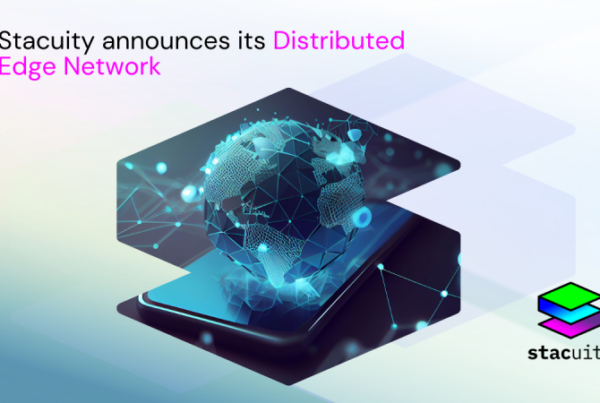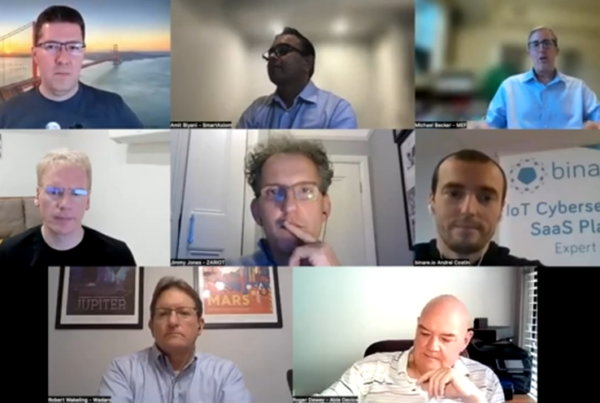Andy Rubin is the man behind Android. He brought a spirit of openness to Android that made it the world’s biggest mobile OS. Now, he wants to do the same for the Internet of Things. This week, he went public with his plan.
There’s a big domestic drama going on in your family house. Your connected thermostat is not talking to your smart alarm. And your digital music player has nothing to say to your connected car.
It’s a crisis of communication, alright. But it has nothing to do with the usual psychological trauma played out in families. No, this is all about technology.
The IoT sector (if there is such a thing) has become a little stuck.

For all the hype, the space is still a mess of opposing systems. Which means that only the most committed and techno-literate consumers understand what’s truly possible in the IoT. And even they can’t make non-interoperable devices talk to each other.
Everyone else either sticks with one independently useful device (a Nest thermostat, a Sonos music player, an Amazon Echo) or just stays away from the whole thing and carries on playing Clash of Clans.
Will this ever change? Will there ever be one OS for things? Well, Andy Rubin thinks so.
And who is this guy who wants to build an ‘Android for everything’?
Actually, he’s the guy who created Android.
Rubin was all over the news this week. He left Google in 2014 to start a company called Essential, which is dedicated to launching innovative design-centric hardware. On Wednesday, he unveiled his first product – the Phone. It’s a minimalist Android handset made from Titanium and featuring clip-on modules such as a 360 camera.
But arguably more interesting was Rubin’s Echo-style voice assistant Essential Home, which arrived with its own OS. This OS, Ambient, could be a bigger deal than any of the shiny hardware. Why? Because it’s open-sourced and will work with all the other proprietary systems out there.
Rubin says he can’t wait to see the back of the IoT’s non-interoperable platforms.
“All of these [companies] have ecosystem envy and want to create their own ecosystem. But consumers don’t want just Samsung stuff in their house. They want diversity.”
“All of these companies want to create their own ecosystem. But consumers don’t want just Samsung stuff in their house. They want diversity.”
Of course, Samsung SmartThings or Works With Nest Works are also trying to bring some order to a totally fragmented ecosystem. So is Apple’s HomeKit, which gives device makers a platform through which to connect objects to apps, for example. Amazon Echo and Google Home do the same via one voice-activated tower. But they are still islands.
With Ambient, Rubin, wants to bring the same open-source vision that made Android the world’s dominant OS to the smart home.
He wants one island.
 So Essential will scan your home to find all your connected devices and then let their applications connect directly to it using public APIs. And Ambient OS will control devices over the local network rather than the cloud. That’s so much better for security.
So Essential will scan your home to find all your connected devices and then let their applications connect directly to it using public APIs. And Ambient OS will control devices over the local network rather than the cloud. That’s so much better for security.
Essential says: ”If you are a developer, Ambient OS is the API for home technology, allowing you to write applications that provide a unified experience across multiple devices.”
It’s a big bet. After all, there is more to complexity in the smart home than the OS. There’s also connectivity. There are multiple options. For shorter distances there’s Bluetooth, RFID and NFC. For long distance, there are 4G, wi-fi, Thread, ZigBee and Narrowband IoT (NB-IoT).
Then there’s the interface issue. Some devices have screens. Some have dials. Some require an app to function.
Finally, there are the existential questions. Does anyone need a connected sprinkler system or a smart front door? This is not easy to answer. Very clever people thought no one would ever need a mobile phone. Equally clever people thought we’d all buy 3D TVs.
You never know. But Andy Rubin certainly has the track record to take on the job of getting those devices talking.




